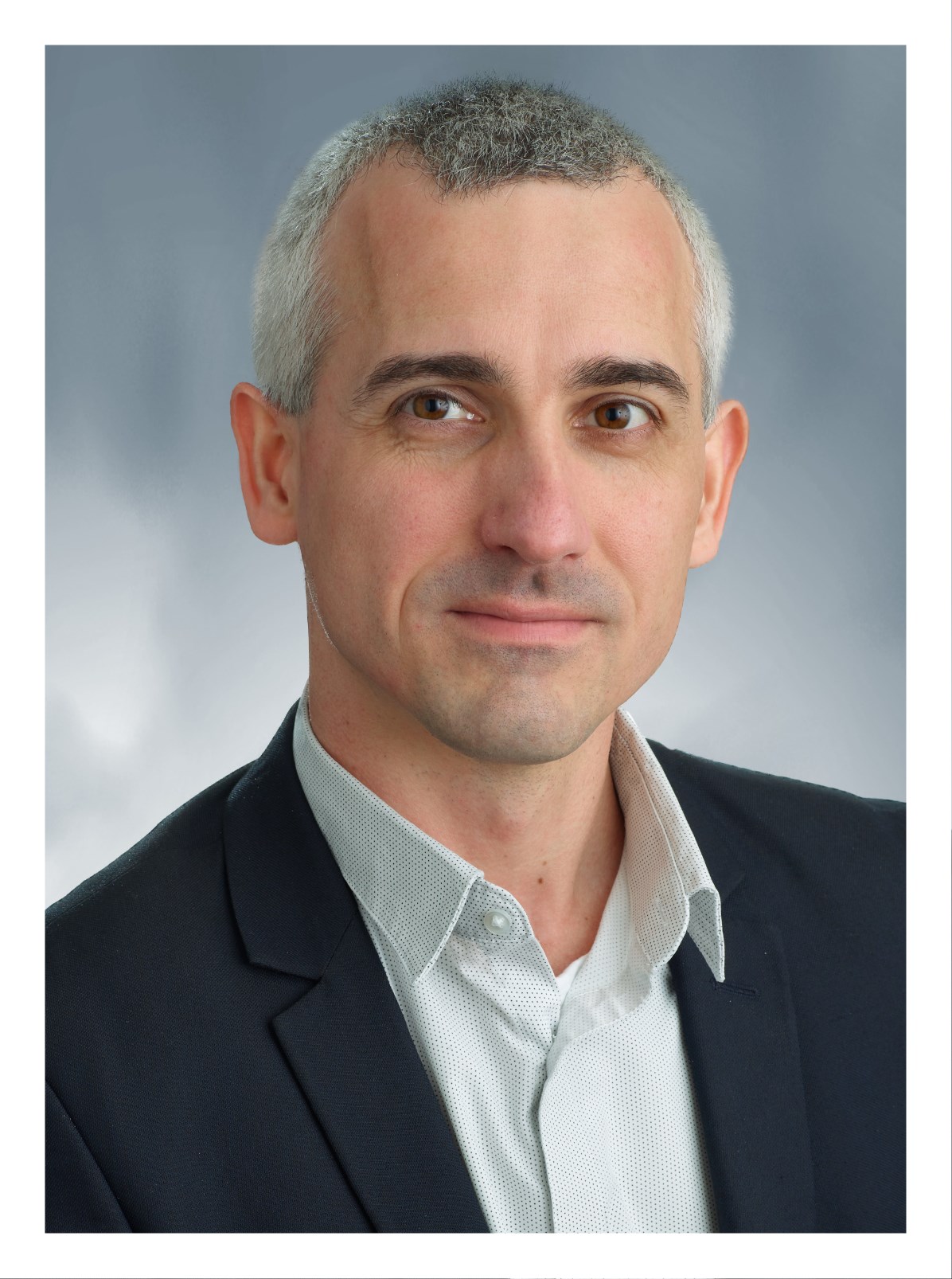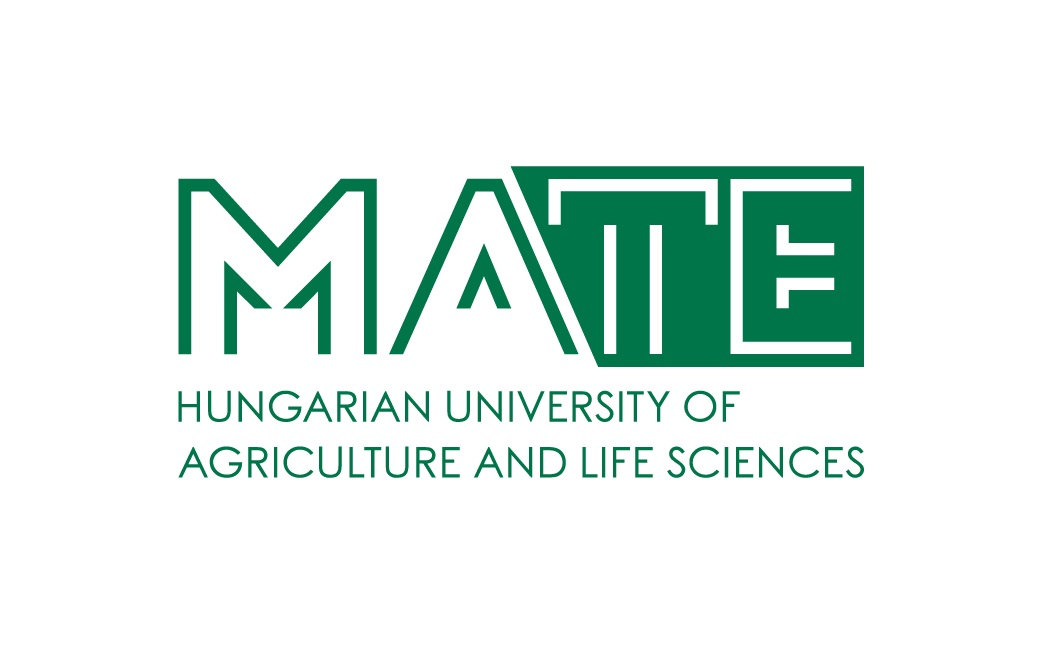
Zoltan Kovacs
full professor
Contact:

Hungarian University of Agriculture and Life Sciences
Department of Food Measurements and Process Control / Institute of Food Science and Technology
Department of Food Measurements and Process Control / Institute of Food Science and Technology
Highest degree:
Doctorate
Degree name:
PhD in food science
Area of expertise:
Agricultural sciences
Skills:
Dr. Zoltan Kovacs is full professor at the Institute of Food Science and Technology, MATE. His original scope of research is the application and development of artificial taste and odor sensing systems, with a major focus on the electronic tongue, it’s related measurement protocol and data evaluation techniques primarily in the field of food science. Since his post doc period at Kobe University, Japan he has become an expert in near infrared spectroscopy (NIRS) and the novel aquaphotomics technique. He investigates the application of these techniques for various systems including wide range of food matrixes, biological organisms, developing measurement and data evaluation protocols for rapid and non-invasive applications. He is the European Liaison of the International Aquaphotomics Society.Research keywords:near infrared spectroscopy, electronic tongue, electronic nose, aquaphotomics, chemometrics, rapid food quality determination, non destructive food quality evaluation methodsDevelopment of the complex system of fruit production and processing in the Szabolcs-Szatmár-Bereg region for efficient and sustainable economic operation The most important objective of the project is to develop the conditions for ecosystem-based farming, to efficiently produce raw materials of appropriate quality and origin, to develop and implement complex technologies, to produce products with high added value, and to market them. The production of premium quality products by developing the whole food chain from farm-to-fork.https://palyazatok.uni-mate.hu/ginop-2.2.1-18-2020-00025
FOOD Quality in Digital Age
The primary objective of the project is to promote knowledge sharing in the V4+ region (Visegrad countries and Serbia) on the digitalisation of agriculture, with a special focus on food production. The objective is to create an international research and education network by integrating the expertise and practical experience of the five regional universities.https://ray.uni-mate.hu/en/web/mate-p%C3%A1ly%C3%A1zatok/food-quality-in-digital-age
Aquaphotomics, the innovative water-centred application of near-infrared spectroscopy in food science Developing method for the rapid and efficient selection of probiotic bacterial strains and a deeper understanding of their mechanism of action. Understanding water structure changes during plant cell development, linking water structure as a biomarker to physiological processes using aquaphotomics. The potential of an innovative method of near-infrared spectroscopy called Aquaphotomics to detect food adulteration The project aims to develop rapid measurement methods based on near-infrared spectroscopy and aquaphotomics and electronic tongue measurement techniques for the detection of food adulteration and further development of some of the results for their practical application. Detection of tomato concentrate adulteration by standard and rapid methods The aim of our research is to develop methods to detect the presence and extent of food adulteration in tomato concentrates. Product-specific physical and chemical analyses are complemented by complex rheological, optical system, multisensor, near-infrared spectroscopic analyses, and aquaphotomics.
E3UDRES2 Areas of interest:
Health, Wellbeing and Social Inclusion for RegionsDigital Solutions and (Applied) Deep Tech for Regions